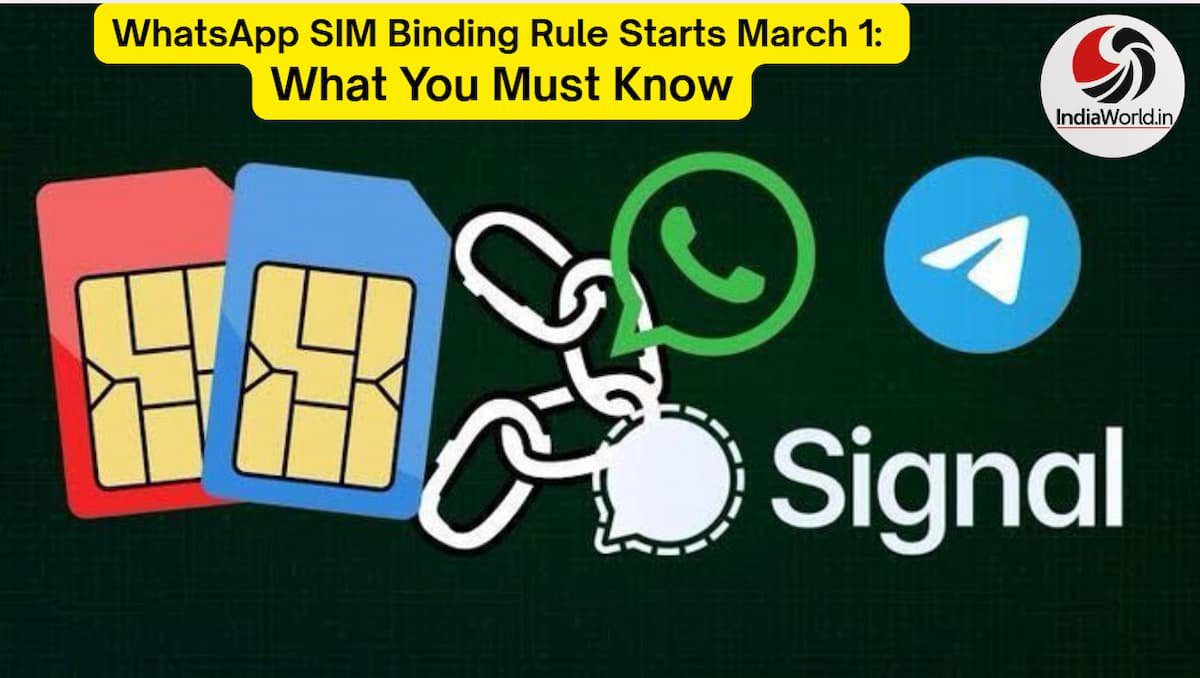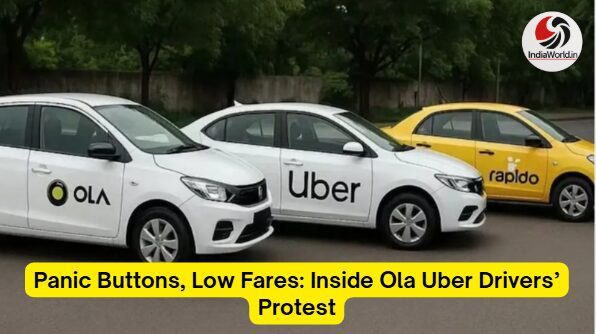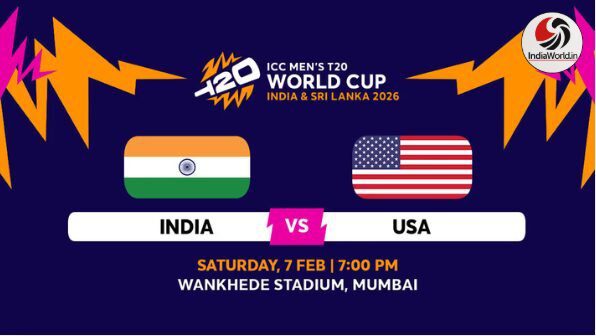U.S. Supreme Court Greenlights Trump Move — What Happens Now?
On October 3, 2025, the U.S. Supreme Court cleared the way for the Trump administration to end Temporary Protected Status (TPS) for over 300,000 Venezuelan migrants. This decision halts a lower court ruling that had blocked the move.
In short, the Court’s emergency order allows the administration to move ahead while litigation continues. But what does that really mean—for the migrants, the courts, and U.S. immigration law? Let’s break it down.
What Is TPS, and Why Did It Matter for Venezuelans?
- TPS (Temporary Protected Status) was created by Congress in 1990. It gives people from certain countries relief from deportation when their home nation suffers conflict, disaster, or other crises. Under TPS, they can live and work legally in the U.S. for a period.
- Venezuela was designated for TPS in 2021 under President Biden, due to economic collapse, political turmoil, human rights abuses, and unsafe conditions at home.
- Later, additional Venezuelans (those arriving later) were added under a 2023 designation, many of whom are now directly affected by this ruling.
Thus, TPS provided a legal lifeline for hundreds of thousands of Venezuelans—allowing them to work, support families, pay taxes, and live without the fear of immediate deportation.
The Legal Fight: Lower Courts vs. Supreme Court
What the Lower Court Did
U.S. District Judge Edward Chen, in San Francisco, ruled in September that the Trump administration’s attempt to terminate TPS was unlawful. He found that Secretary of Homeland Security Kristi Noem lacked the legal justification and had acted too quickly without reasoned process.
Chen also criticized Noem’s public statements, noting that she generalized from alleged crimes by a few individuals to the entire population—a behavior he called a “classic form of racism.”
His decision would have kept TPS protections in place while the court considered the merits.
What the Supreme Court Did
The Supreme Court responded by issuing an emergency order halting Chen’s ruling. In effect, they paused the lower court’s protection and allowed the termination process to proceed while appeals move forward.
In its terse, unsigned order, the Court wrote:
“The same result that we reached in May is appropriate here.”
Justices Kagan and Sotomayor would have denied the emergency motion; Justice Jackson dissented, sharply criticizing the Court’s use of its docket to disrupt lives on short notice.
This is the second time the Court has allowed the administration to strip protections from Venezuelans while the legal challenges play out.

What Happens Next — And What It Means
1. Loss of Legal Status & Work Rights (Possibly Soon)
Because the Supreme Court allowed termination to proceed, many Venezuelans could lose their legal status and work permits. The timing is uncertain.
Some documents (like I‑94, I‑797, work authorizations) that had been extended to October 2026 may now be challenged or invalidated.
2. Harms to Families & Communities
The plaintiffs warn that many face severe consequences:
- Job loss
- Eviction or housing insecurity
- Deportation to Venezuela—a country still unsafe and politically repressive
- Disruption to families, especially those with U.S. citizen children
They argue the administration is forcing people into danger, undermining the humanitarian purpose behind TPS.
3. Appeal Process & Possible Reversal
The case now goes to the Ninth Circuit Court of Appeals, and ultimately might return to the Supreme Court if it agrees to hear it.
Even though the Trump administration can act now, the legal fight is far from over. If courts later rule the termination unlawful, protections might be reinstated.
4. Ambiguity & Confusion
USCIS and DHS have given little clarity on exactly when status or work authorizations will expire. The guidance on their websites is vague.
Many TPS holders are left in limbo—not sure how to plan, whether to keep working, or whether to apply for alternative visas. This confusion adds to stress and instability.
Why This Case Matters
- Separation of Powers & Administrative Law
The case raises deep questions about how much courts can review decisions made by executive agencies like DHS. Some administration arguments lean on statutory limits to judicial review. - Humanitarian & Moral Stakes
For many Venezuelans, returning home is not an option. The decision affects people seeking safety from extreme crisis. - Precedent for Other TPS Designations
If this move succeeds, it may embolden similar challenges to TPS designations for other countries, including Haiti, Cameroon, Afghanistan, etc. - Public & Economic Impact
TPS beneficiaries contribute economically (jobs, taxes), and their removal could hurt communities and industries.
Read also : Trump’s $100K H-1B Fee Worries Indian Tech
External Links You Can Use
- WOLA’s deep dive on the court decision and implications (analysis of legal impact). (WOLA)
- Reuters report on the Supreme Court’s order. (Reuters)
- Al Jazeera’s coverage of TPS and legal debate. (Al Jazeera)








